Scientists have long warned of the repercussions of inaction on the climate crisis. But after a multitude of unprecedented weather events this year, the world is slowly starting to realize that the consequences of negligence are arising sooner than expected.
In early December, Hawaii saw 12 inches of snow in some areas, while the other states saw below-average snowfall. Even generally snowy areas of the US like Denver, Colo., have seen a record-breaking lack of snow. CNN Meteorologist Derek Van Dam outlined Denver’s statistics. “It’s been 224 consecutive days (and counting) since it snowed a measurable amount in Denver, and it has just broken the record for the latest date for a first snowfall — a record that has held since snowfall records began in 1882,” he shared.
Snowfall, or lack thereof, is not the only shocking weather event to come out of this unparalleled year. At least 30 tornadoes were reported across six states including Arkansas, Illinois, Kentucky, Missouri, Mississippi and Tennessee during the week of December 13th. Kentucky specifically experienced record-breaking tornadoes and devastating damage. December tornadoes are not unheard of but are most definitely uncommon in these states, especially on such a large scale.
All of these weather events have led Americans to ask, “Why?”
Scientists have been answering this question since the late 1980s when research was released proving greenhouse gas emissions as the root cause of warming and upwelling of the oceans in the Antarctic. More recently, researchers have warned that the rate of this upwelling has been increased because of Southern Ocean winds that are caused by the release of carbon when warmer water reaches the surface. This upwelling causes the melting of Arctic ice, furthering the issue of warming waters and continuing the endless cycle of changing weather patterns.
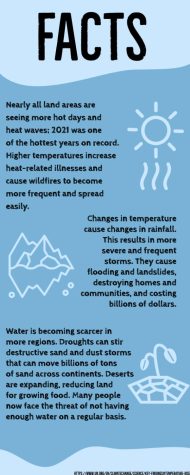
Even as American children were taught about the changing climate in premature science classes, the idea that their lives would be affected by it seemed rather far-fetched. Senior Lauren Puthoff remembers being taught about the negative effects of excessive greenhouse gas emissions but did not imagine them impacting her in real time. “I have always thought climate change would be something I would never have to deal with, but I knew my choices would have an affect on future generations. However, over the past few years I have noticed the weather drastically changing here in Iowa. From inches of snow in October to 70 degree weather in December,” she acknowledged.
Since researchers announced just decades ago that the world did not have much time to focus on reducing the emission of greenhouse gasses, people have seen climate change as a threat, but have not seen it as an issue that will affect them in their daily lives. At the time, it seemed as though the warnings were not of concern to people in this generation; however, as time goes on disastrous weather events continue to come with more frequency and intensity.
Record-breaking tornadoes in December, snow in Hawaii and little-to-no snowfall in generally frigid regions are just a few examples of how Earth’s climate is changing right in front of Americans’ eyes. Though global effects in continents like Antarctica are not seen first-hand in the US, the states are still experiencing repercussions of melting glaciers and changing weather patterns in Arctic regions.
Constant, unexpected weather events have been a wake up call for many who did not foresee climate change impacting the earth in their lifetime, and they don’t seem to be slowing down any time soon.


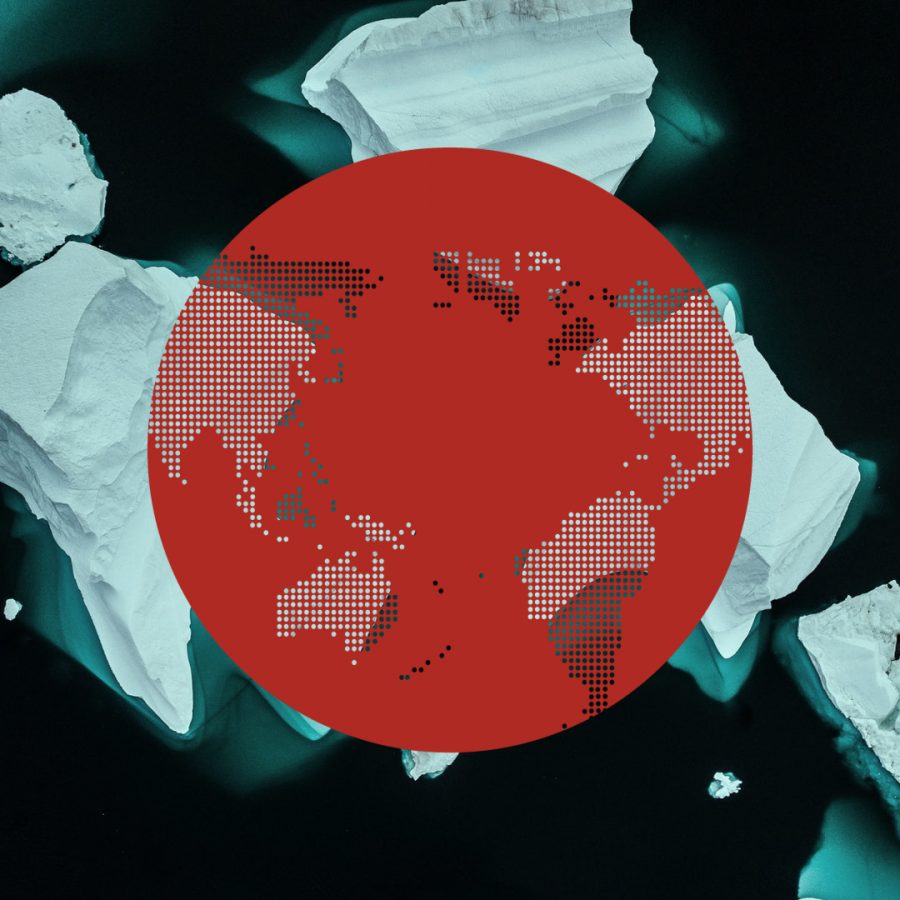






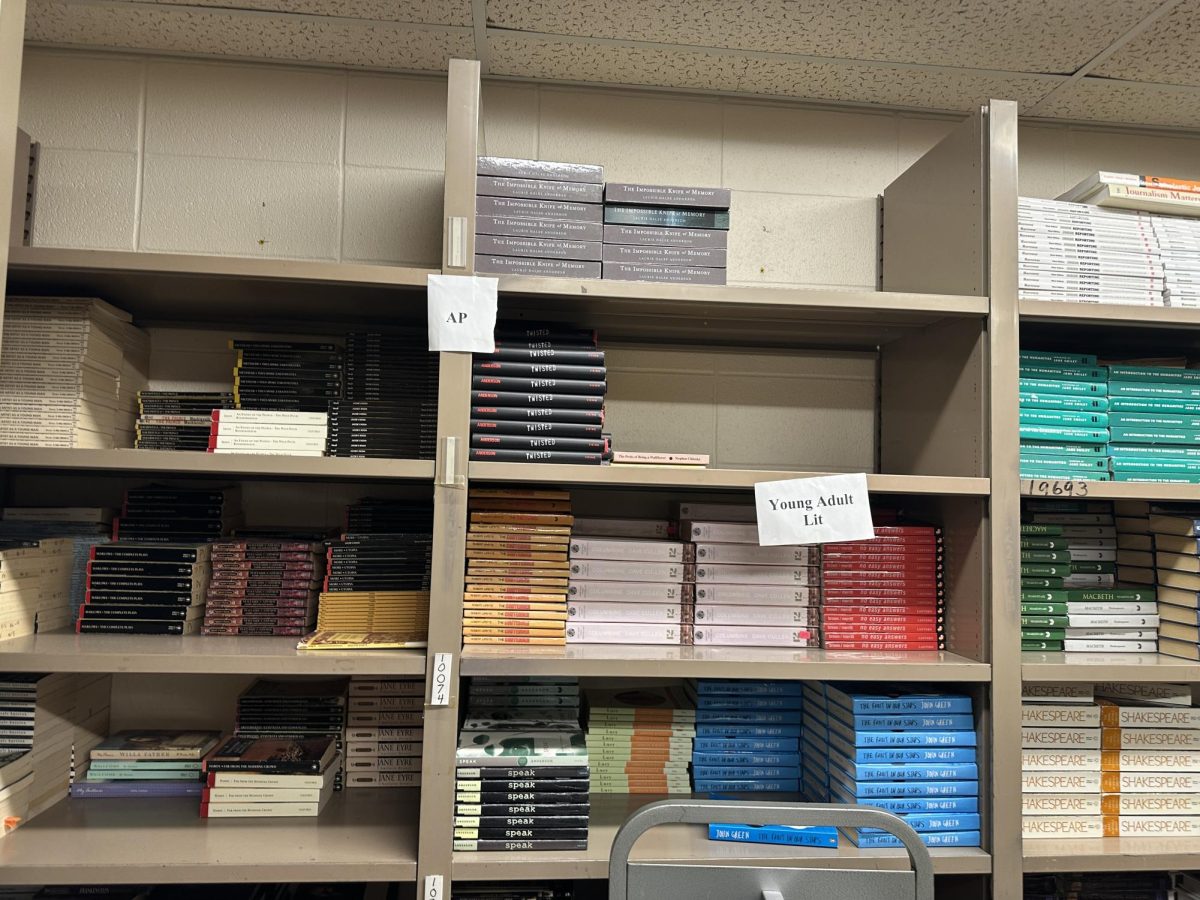
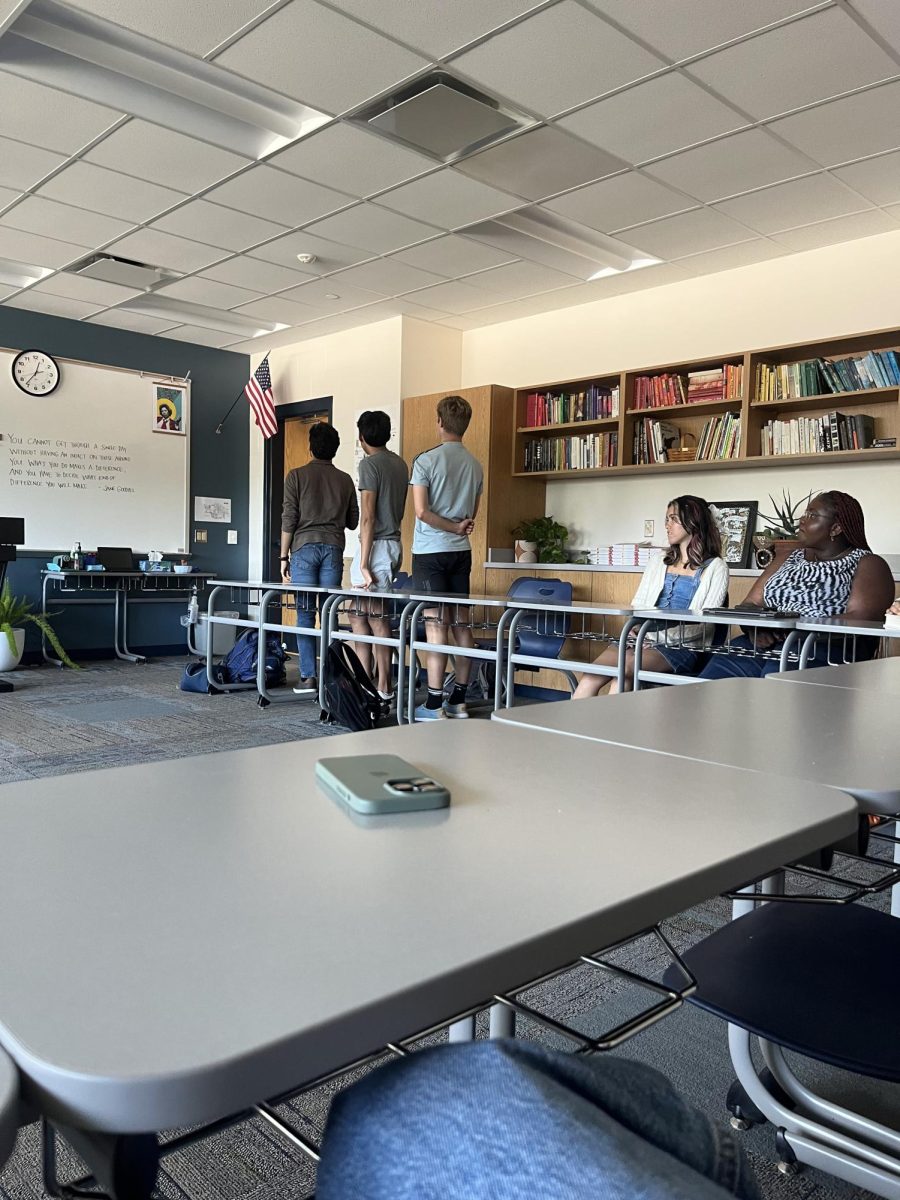



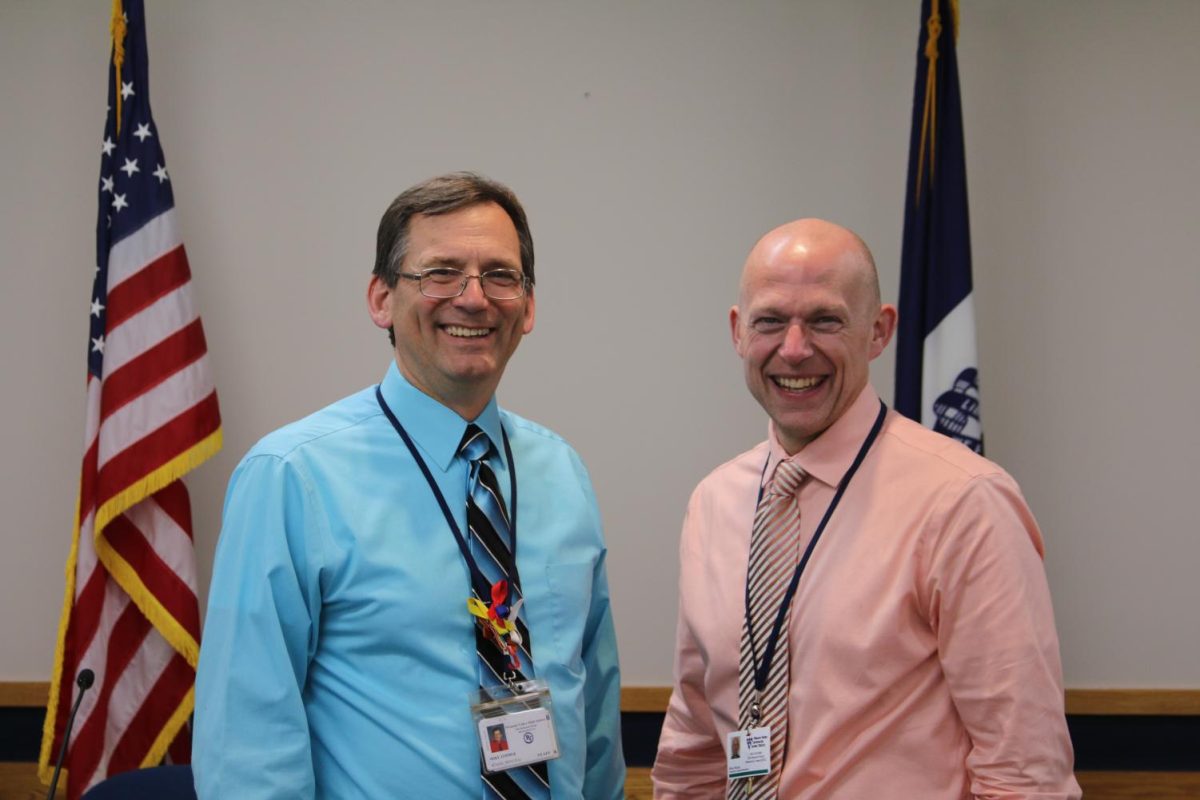

Makayla Clark • Jan 6, 2022 at 9:24 pm
This is a great feature. I will say I have noticed things the past few years that I never really knew related to climate change. The crazy hot summers and the extremely cold winters. I’m a little worried that if we don’t do something we may not be able to do anything to stop it in the future.